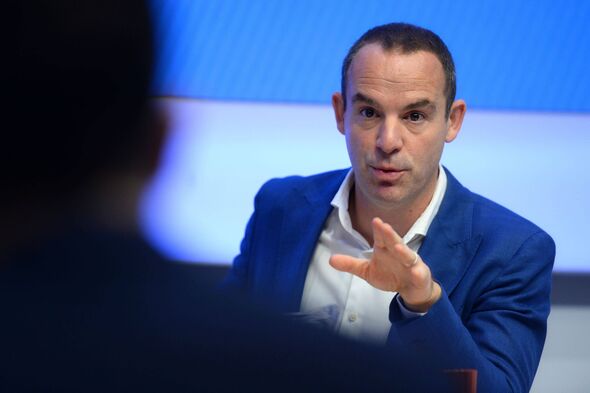
Energy suppliers will be required to offer tariffs with low or no standing charges, allowing customers to absorb the costs through their unit rate, under plans proposed by regulators. Ofgem is consulting on introducing the option under the price cap, which would include so-called zero standing charge tariffs, with the aim of making them available by winter 2025.
Standing charges are daily fees that cover the cost of supplying energy to homes and businesses, as well as building new network infrastructure and maintaining power supply when energy suppliers fail. However, campaigners argue that these charges are unfair, as everyone pays the same rate, resulting in a disproportionately high proportion of bills for low-energy users.
Charlotte Friel, Ofgem’s director for retail pricing and systems, said: “We know from the huge response we’ve had that many feel standing charges are unfair. However, we also know that vulnerable, high-energy users – including those who rely on medical equipment at home or low-income families in poorly insulated houses – would suffer disproportionately if these costs were added to the unit rate for everyone.
“That’s why we’re moving forward with plans that will give customers a choice and more control over how they choose to pay for their gas and electricity. We’re looking closely at how these tariffs will work in practice, but everyone will need to carefully consider which option best suits their needs.
“The costs included in the standing charge ultimately have to be paid. But while they may not save everyone money, they will give people a choice, and greater control over their bills.”
The move comes after Energy Secretary Ed Miliband urged the watchdog to address soaring costs. Latest predictions reveal the cost per unit of electricity is expected to increase again in April, despite most people’s bills decreasing due to reduced energy usage.
Martin Lewis, founder of MoneySavingExpert.com, said: “This is progress. Standing charges are by far the most complained-about part of an energy bill.
“It costs over £300 a year simply to have access to gas and electricity, even if none is used. They’re a moral hazard that discourages low users from reducing their bills and leaves many older people, who only use gas for heating in winter, paying for it daily during summer.”
He suggested that Ofgem should automatically move vulnerable customers who use minimal electricity to a “low or no standing charge” tariff, employing an opt-out system to ensure they don’t miss out on potential savings. However, Energy UK, which represents major energy firms such as British Gas and Octopus, expressed concerns about the proposal.
Dhara Vyas, Chief Executive of Energy UK, warned that this policy could “increase the challenges and risks” for power companies purchasing energy in advance. She also highlighted that it might add “complexity” for consumers, as it would require them to make “an active choice” regarding their tariff, potentially placing them on an unsuitable plan.

















